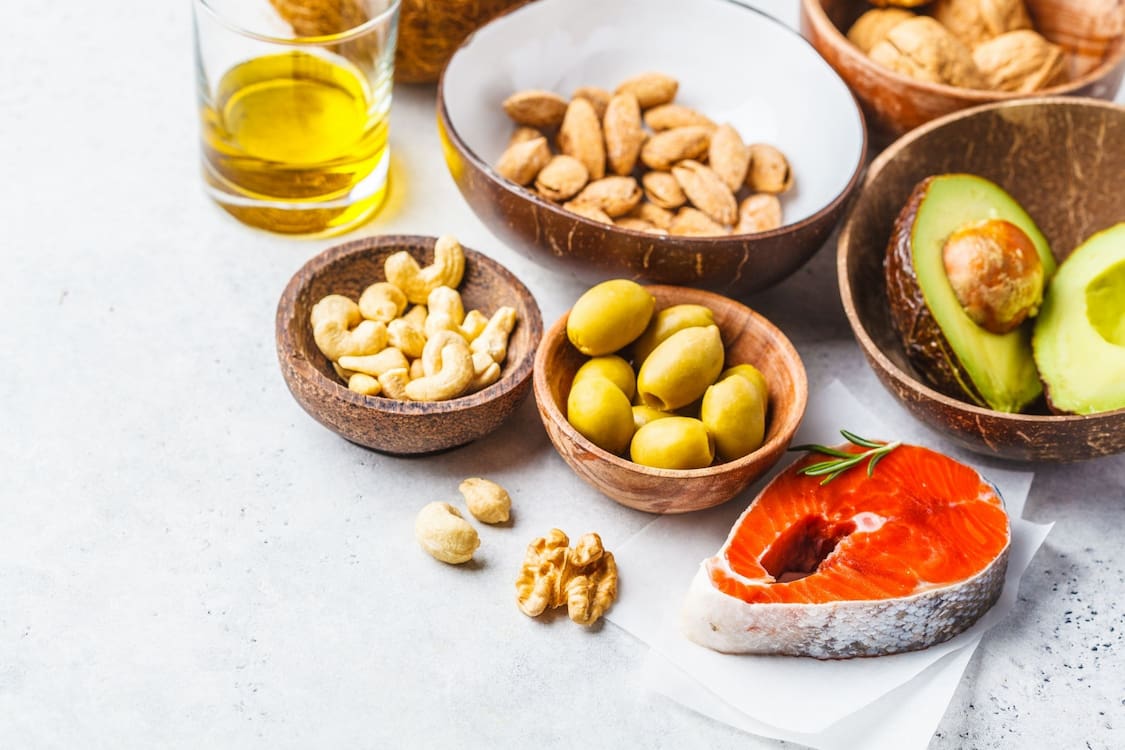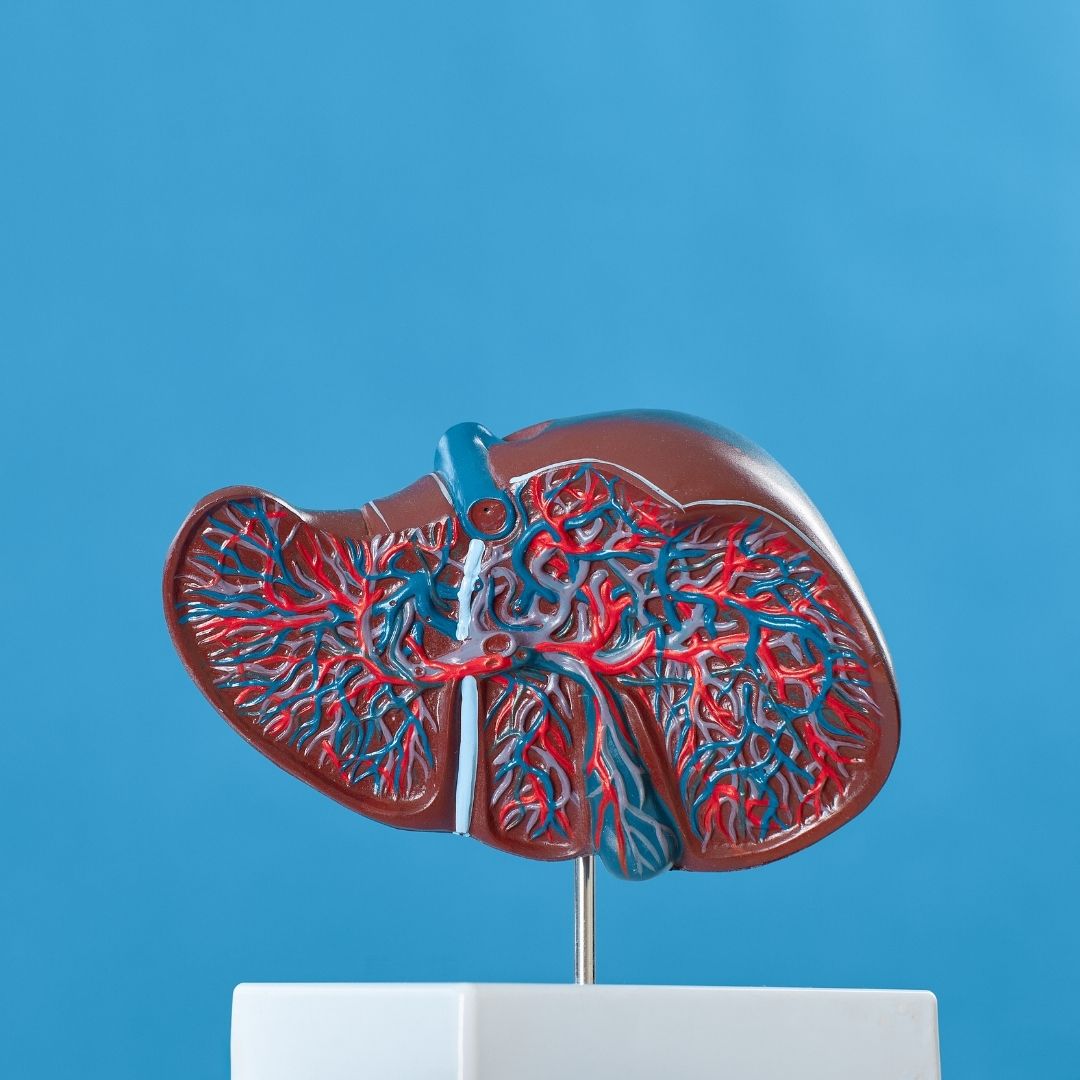
The Best Foods to Lower Triglycerides
If you're looking for ways to lower your triglyceride levels, one of the best things you can do is to make some changes to your diet. Eating a healthy diet that is low in sugar and carbohydrates can help keep your triglyceride levels in check. In this blog post, we'll take a closer look at the best foods to lower triglycerides and provide you with some helpful tips for incorporating them into your diet.
Triglycerides are a type of fat that circulates in your blood. Your body needs some triglycerides to function properly, but high levels can increase your risk of heart disease and stroke. If your doctor has told you that you have high triglycerides, it's important to take steps to lower them. One effective way to do this is by changing your diet. In this article, we will discuss what triglycerides are, what causes high triglycerides, how to lower triglycerides, and the best foods to eat to lower your triglycerides.
What are Triglycerides?
Triglycerides are a type of fat that is found in the blood. They are produced by the liver when you consume excess calories, particularly from sugar and carbohydrates, that your body does not immediately need. Triglycerides are then stored in fat cells and are later released as an energy source when needed. While triglycerides are a necessary component of a healthy body, high levels of triglycerides can increase your risk of developing heart disease.
If you're concerned about your triglyceride levels, there are many things you can do to lower them. One way to lower triglycerides is to eat a healthy diet that is low in sugar and carbohydrates. Eating a diet rich in fruits, vegetables, whole grains, lean proteins, and healthy fats can help keep your triglyceride levels in check.
Another way to lower your triglycerides is to exercise regularly. Exercise can help increase your body's ability to burn triglycerides for energy, which can help lower your triglyceride levels. Additionally, maintaining a healthy weight can help lower your triglycerides and reduce your risk of heart disease.

What Causes High Triglycerides?
There are several factors that can cause high triglycerides. Some of the most common causes include:
Diet: Consuming a diet high in sugar, refined carbohydrates, and saturated fats can raise your triglyceride levels.
Obesity: Being overweight or obese can also increase your triglycerides.
Physical inactivity: Not getting enough exercise can lead to higher triglyceride levels.
Genetics: Some people may be genetically predisposed to high triglycerides.
Medical conditions: Certain medical conditions, such as diabetes, hypothyroidism, and kidney disease, can also cause high triglycerides.
How to Lower Triglycerides?
The good news is that you can lower your triglycerides by making some simple lifestyle changes. Here are some tips to help you lower your triglycerides:
Eat a healthy diet: Focus on eating a diet that is low in sugar, refined carbohydrates, and saturated fats. Instead, choose foods that are high in fiber, healthy fats, and lean protein.
Exercise regularly: Aim for at least 30 minutes of moderate-intensity exercise most days of the week.
Lose weight: If you are overweight or obese, losing weight can help lower your triglycerides.
Limit alcohol: Drinking too much alcohol can raise your triglyceride levels.
Quit smoking: Smoking can raise your triglycerides and increase your risk of heart disease.
The 7 Foods to Lower Triglycerides
Now that you know what triglycerides are and why they're important to your health, let's take a look at the best foods to lower triglycerides.
Fatty Fish: Fatty fish, such as salmon, mackerel, and sardines, are high in omega-3 fatty acids. Omega-3s have been shown to reduce inflammation in the body and improve heart health. They can also lower triglycerides by up to 30%.
Nuts: Nuts, such as almonds, walnuts, and pistachios, are high in healthy fats, protein, and fiber. They're also a good source of plant sterols, which can help lower cholesterol levels. Eating nuts regularly has been shown to reduce triglycerides by up to 10%.
Avocado: Avocado is high in heart-healthy monounsaturated fats, which can help lower triglycerides and cholesterol levels. It's also a good source of fiber, potassium, and antioxidants.
Olive oil: Like avocado, olive oil is high in monounsaturated fats. It's also a good source of antioxidants, which can help reduce inflammation in the body. Studies have shown that using olive oil as your primary source of fat can lower triglycerides by up to 15%.
Whole grains: Whole grains, such as oats, barley, and quinoa, are high in fiber, which can help lower cholesterol and triglyceride levels. They're also a good source of vitamins and minerals. Eating whole grains regularly has been shown to reduce triglycerides by up to 20%.
Beans and legumes: Beans and legumes, such as lentils, chickpeas, and black beans, are high in protein, fiber, and healthy carbohydrates. They're also a good source of vitamins and minerals. Eating beans and legumes regularly has been shown to reduce triglycerides by up to 15%.
Fruits and vegetables: Fruits and vegetables are high in fiber, vitamins, and antioxidants. They're also low in calories and fat, making them a great choice for anyone looking to improve their heart health. Eating a diet rich in fruits and vegetables has been shown to reduce triglycerides by up to 10%.
What is the Triglycerides Normal Range?
The normal range for triglycerides is less than 150 mg/dL (milligrams per deciliter). If your triglyceride levels are between 150-199 mg/dL, it is considered borderline high. If your levels are between 200-499 mg/dL, it is considered high. Levels above 500 mg/dL are very high and require immediate medical attention.
Healthy Türkiye Notes
High triglycerides can increase your risk of heart disease and stroke, but making simple lifestyle changes can help lower your triglycerides and improve your health. Eating a healthy diet that includes fatty fish, nuts and seeds, whole grains, fruits and vegetables, legumes, avocado, olive oil, and garlic can help lower your triglycerides and improve your overall health. Remember to also exercise regularly, maintain a healthy weight, limit alcohol, and quit smoking to lower your triglycerides and reduce your risk of heart disease and stroke. Consult your doctor if you have any concerns about your triglyceride levels.

.jpg)


